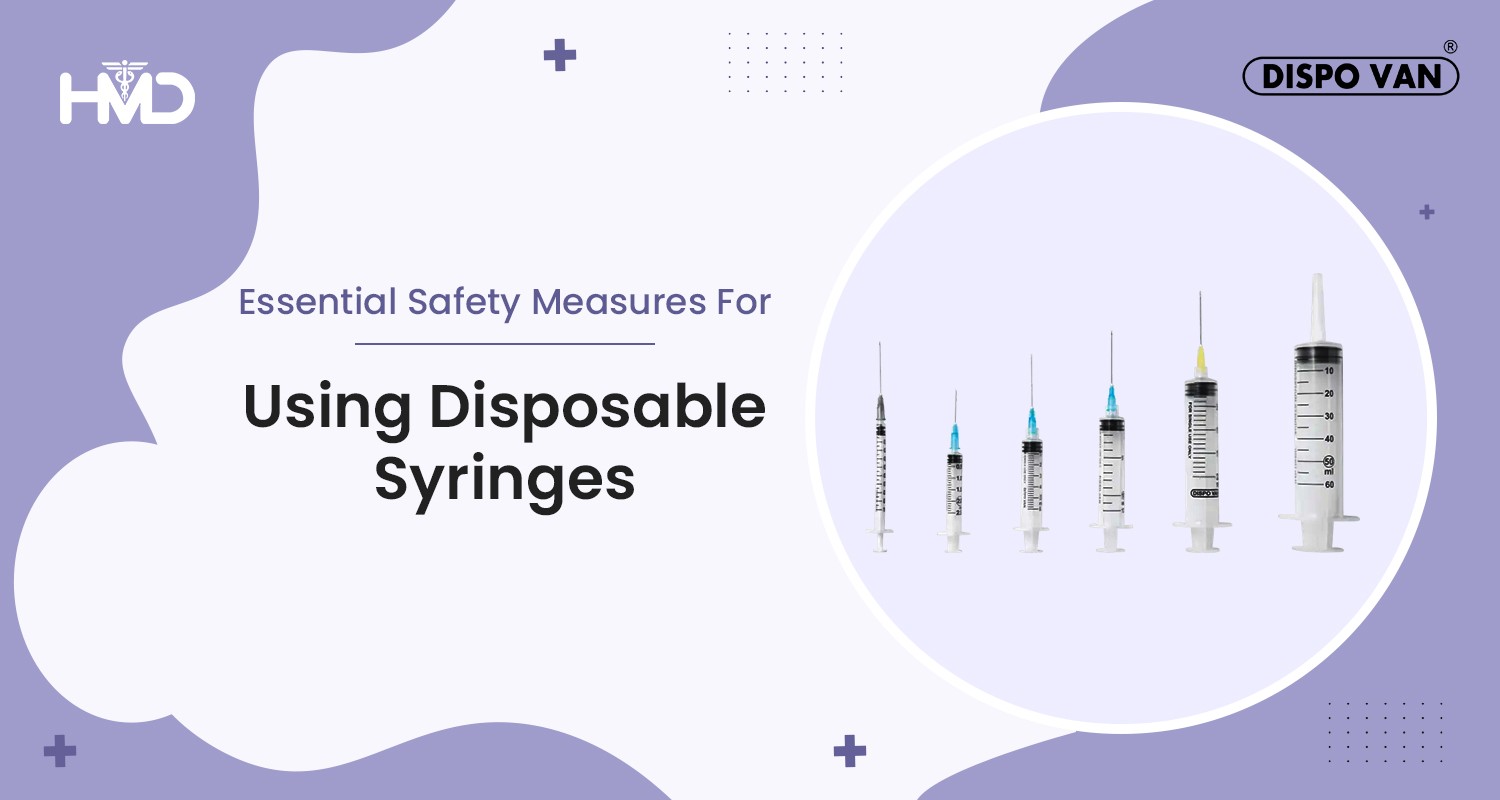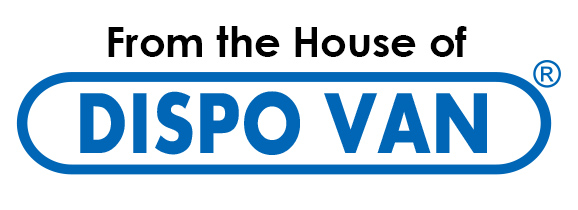

Medical science has come a long way since its inception. One of the great advancements made in the area pertains to the evolution of disposable medical products such as single-use syringes and needles. Unlike reusable syringes that required sterilization and sharpening, single-use disposable syringes eliminate chances of cross-contamination and do not call for sterilization. Contrary to popular belief, these syringes, when properly disposed, do not harm the environment. Best of all, single-use syringes are easy to manufacture and affordable, ensuring their wide availability all over the world.
Despite their advantages, single-use or disposable syringes call for careful use and application.
Here are nine precautions you must keep in mind when using single-use syringes:
- Single-use syringes are disposable, which means that their second use is prohibited. These syringes should be destroyed after their first application.
- Do not use a single-use syringe whose package is torn or damaged. A damaged packet is vulnerable to contamination by dust and unhygienic handling. Purchase syringes only from reliable suppliers who readily exchange packages that are torn or appear to have been tampered with.
- A single-use syringe must be used within its expiration date.
- Avoid handling single-use syringes with bare fingers. Touch only with sterilized cotton-wool, if required.
- Single-use syringes should be stored in a dry, well-ventilated room with low humidity.
- Keep single-use syringes with needles out of the reach of children and pets.
- When administering medication with a single-use disposable syringe, you need to make sure that the patient does not make any movement. If the patient remains fidgety or keeps moving during injection, the skin may be incorrectly pierced. This might lead to an infection.
- Do not remove used needles from single-use syringes. Never bend, break, or recap needles.
- Single-use syringes must be carefully disposed of after use and not just discarded anywhere. Used syringes must be collected in a sharps bin which is a specially designed puncture-proof and leak-resistant container with a tight-fitting lid. The bin should subsequently be emptied in accordance with the area’s medical waste disposal rules to ensure eco-friendly disposal of the used syringes.
These nine precautions will help protect the user, the patient, the environment and the community in general.
The use of single-use syringes is fairly widespread in India today. The Dispovan Single-use Syringe, launched way back in 1986, is one of the most sought-after in the Indian market today comprising more than 65% of market share. With a shelf life of 5 years, this 3-piece syringe has a special inert piston which minimizes chances of leakage. These are manufactured as per IS:10258/ ISO:7886-1.

